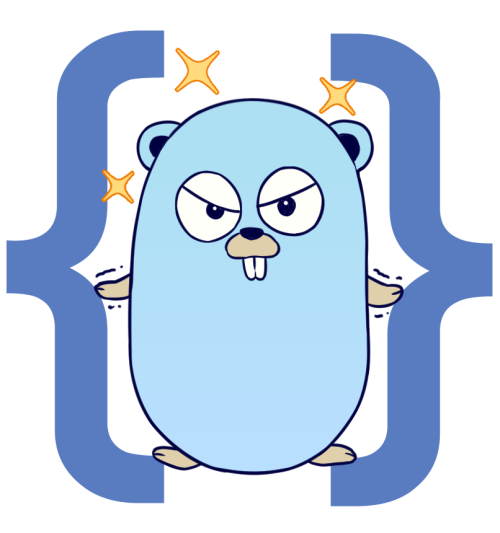Easily traverse through the JSON data with no fixed structure.
go get -u github.com/IamFaizanKhalid/jsonqSee reference docs for more details.
package main
import (
"fmt"
"github.com/IamFaizanKhalid/jsonq"
)
func main() {
apiResponse := []byte(`{
"code": 200,
"status": "success",
"data": {
"user": {
"id": 123,
"name": "John Doe",
"email": "[email protected]"
},
"posts": [
{
"id": 1,
"title": "First Post"
},
{
"id": 2,
"title": "Second Post"
}
]
}
}`)
// parsing the JSON object
resp, err := jsonq.ParseObject(apiResponse)
if err != nil {
panic(err)
}
// getting values from the object
code := resp.Val("code").Int()
status := resp.Val("status").Str()
fmt.Println(code, status)
// checking if the object contains the sub-object
if !resp.Has("data") {
return
}
data := resp.Obj("data")
// getting a sub-object which is optional
userInfo, ok := data.OptObj("user")
if ok {
fmt.Println("-- User Info --")
fmt.Println("ID:", userInfo.Val("id").Int())
fmt.Println("Name:", userInfo.Val("name").Str())
fmt.Println("Email:", userInfo.Val("email").Str())
}
fmt.Println("-- Posts --")
// getting array of objects
posts := data.Arr("posts").Obj()
for _, post := range posts {
id := post.Val("id").Int()
title := post.Val("title").Str()
fmt.Println(id, title)
}
}

